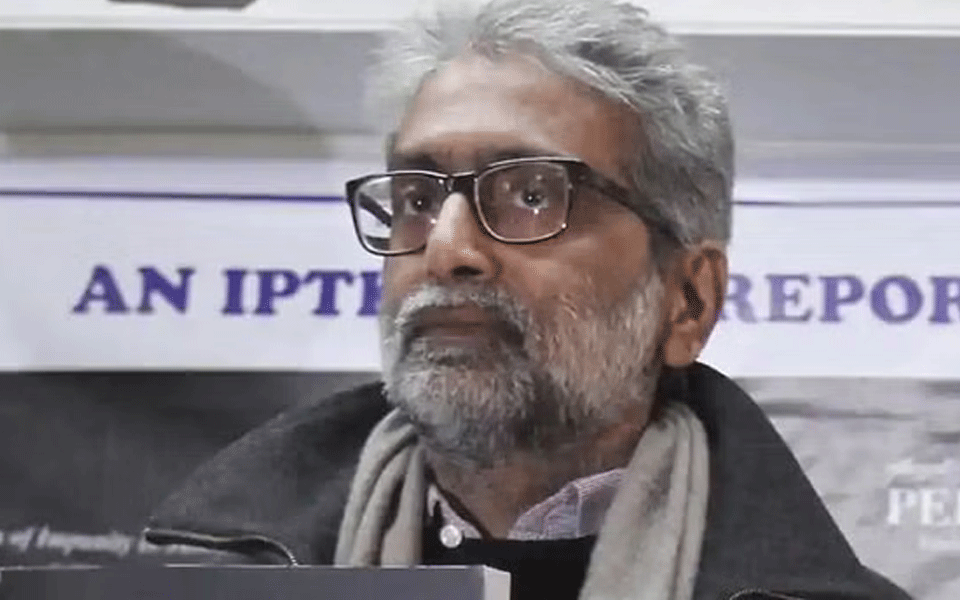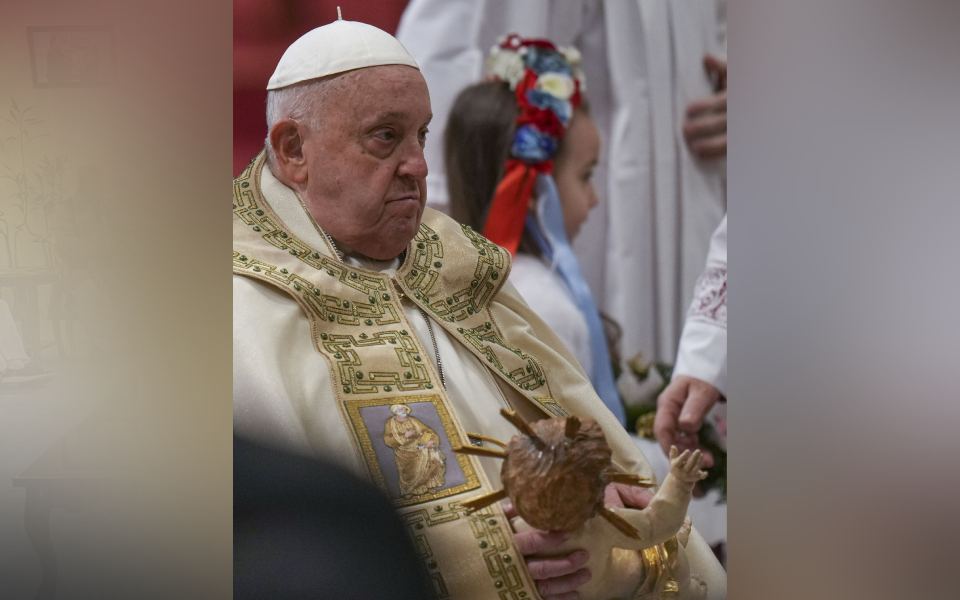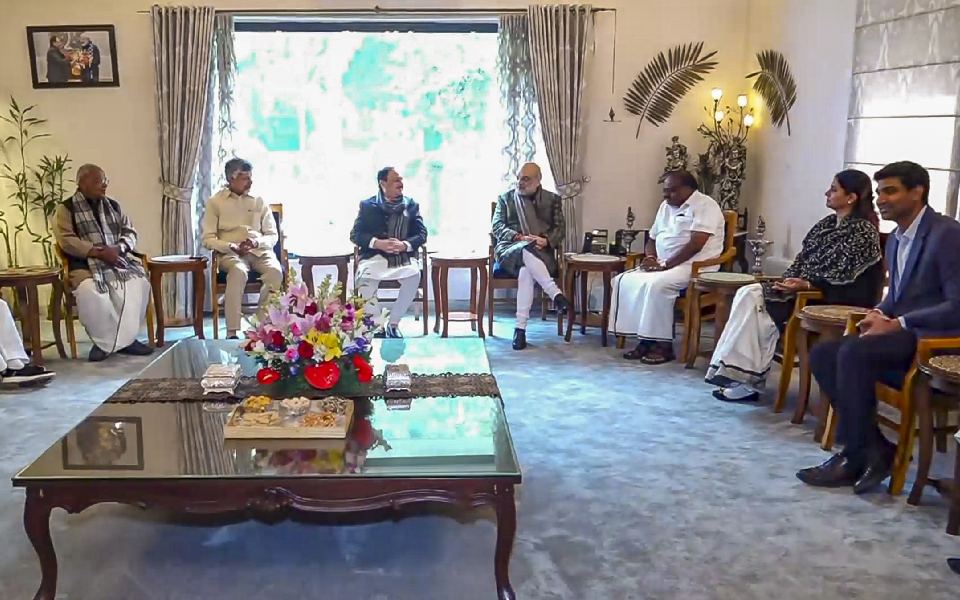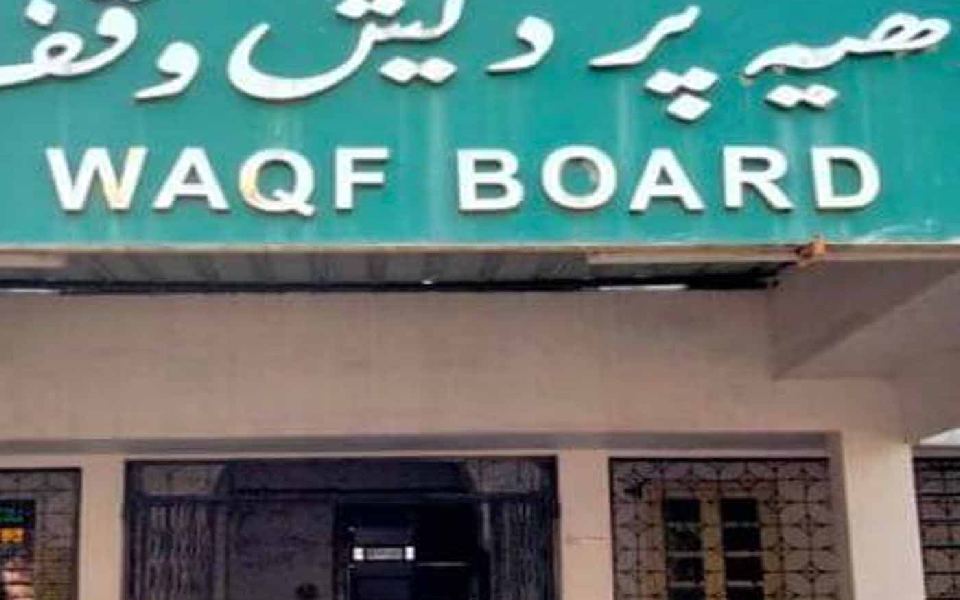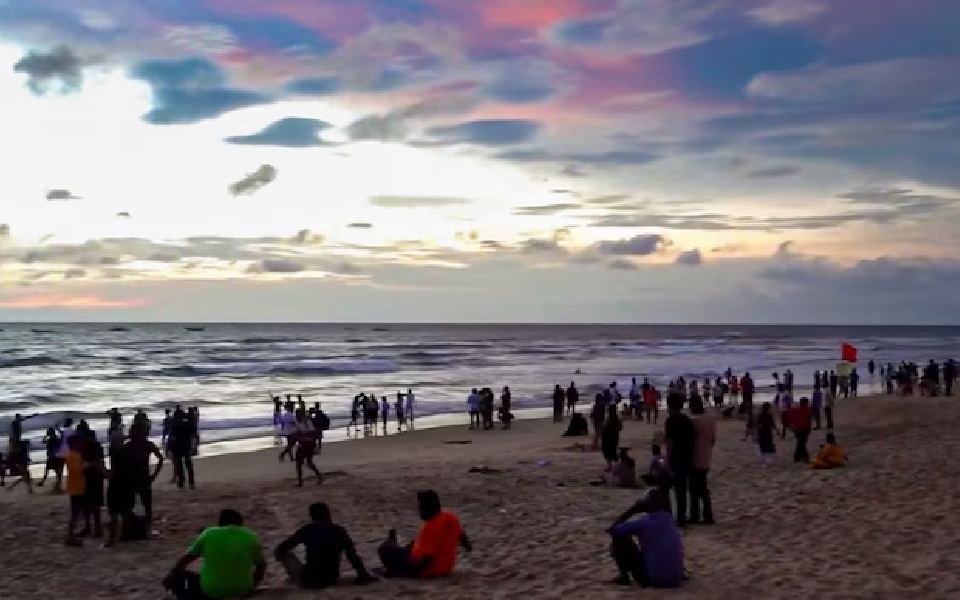Mumbai(PTI): Jailed human rights activist Gautam Navlakha, who was last week allowed to be placed under house arrest for a month by the Supreme Court owing to his medical condition, is yet to walk out of Navi Mumbai's Taloja prison, where he is lodged in connection with the Elgar Parishad-Maoist links case, as formalities for his release are still under process.
The 70-year-old activist, who claims to suffer from multiple ailments, is in custody since April 2020 in the 2017-18 case. On November 10, the Supreme Court allowed Navlakha to be put under house arrest for a month with certain conditions and had said its order should be implemented within 48 hours.
However, till Monday evening he was still in prison as formalities for his release could not be completed.
According to his lawyer, formalities for Navlakha's release from jail were initiated on Monday before a special NIA (National Investigation Agency) court in Mumbai that is hearing the case against him.
Once released from prison, Navlakha will be staying at Belapur in Navi Mumbai under surveillance. The septuagenarian shall not be allowed to leave Mumbai, as per the SC order.
His lawyer on Monday apprised special NIA Judge Rajesh Katariya, presiding over the case, of the Supreme Court order on house arrest and initiated the process for filing surety as per the condition set by the apex court to complete his release formalities.
The SC had imposed a slew of conditions by which Navlakha would have to stay in Mumbai, deposit Rs 2.4 lakh as expenses for security, CCTV cameras would have to be installed outside the rooms and at entry and exit points of the house where he will be staying.
Navlakha will not be allowed to leave the house except for walks in the company of police personnel, but permitted to meet his lawyers as per Jail Manual rules and inform cops in case of a medical emergency, the apex court said last week.
It also said the activist will not be allowed to use a computer or the internet during the period of his house arrest. He will, however, be permitted to use a mobile phone without the internet provided by police personnel on duty once a day for ten minutes in their presence.
Access to television and newspapers will be allowed, but these cannot be interest-based, the SC maintained in its order.
It also allowed the Maharashtra police to search and inspect the residence and said the accommodation would be under surveillance.
The Supreme Court has listed the matter for hearing in the second week of December by when the prosecuting agency NIA has been asked to obtain a fresh medical report on the accused.
Navlakha had sought to be shifted from the Taloja prison and placed under house arrest owing to ill health.
The activist moved the SC against the April 26 order of the Bombay High Court dismissing his plea for house arrest over apprehensions of lack of adequate medical and other basic facilities in the Taloja jail.
The case relates to alleged inflammatory speeches made at the 'Elgar Parishad' conclave held in Pune on December 31, 2017, which the police claimed triggered violence the next day near the Koregaon -Bhima war memorial on the outskirts of the western Maharashtra city.
According to the Pune police, people linked to banned Naxalite groups had organized the programme. The case, in which over a dozen activists and academicians have been named as accused, was later handed over to the NIA.
Let the Truth be known. If you read VB and like VB, please be a VB Supporter and Help us deliver the Truth to one and all.
Vatican City, Dec 25: Pope Francis in his traditional Christmas message Wednesday urged “all people of all nations” to find courage during this Holy Year “to silence the sounds of arms and overcome divisions” plaguing the world, from the Middle East to Ukraine, Africa to Asia.
The pontiff's “Urbi et Orbi” — “To the City and the World” — address serves as a summary of the woes facing the world this year. As Christmas coincided with the start of the 2025 Holy Year celebration that he dedicated to hope, Francis called for broad reconciliation, “even (with) our enemies.”
"I invite every individual, and all people of all nations ... to become pilgrims of hope, to silence the sounds of arms and overcome divisions,'' the pope said from the loggia of St. Peter's Basilica to throngs of people below.
The pope invoked the Holy Door of St. Peter's Basilica, which he opened on Christmas Eve to launch the 2025 Jubilee, as representing God's mercy, which “unties every knot; it tears down every wall of division; it dispels hatred and the spirit of revenge.”
He called for arms to be silenced in war-torn Ukraine and in the Middle East, singling out Christian communities in Israel and the Palestinian territories, “particularly in Gaza where the humanitarian situation is extremely grave,” as well as Lebanon and Syria “at this most delicate time.”
Francis repeated his calls for the release of hostages taken from Israel by Hamas on Oct. 7, 2023.
He cited a deadly outbreak of measles in the Democratic Republic of Congo, and the suffering of the people of Myanmar, forced to flee their homes by “the ongoing clash of arms.” The pope likewise remembered children suffering from war and hunger, the elderly living in solitude, those fleeing their homelands, who have lost their jobs, and are persecuted for their faith.
Pilgrims were lined up on Christmas Day to walk through the great Holy Door at the entrance of St. Peter's Basilica, as the Jubilee is expected to bring some 32 million Catholic faithful to Rome.
Traversing the Holy Door is one way that the faithful can obtain indulgences, or forgiveness for sins during a Jubilee, a once-every-quarter-century tradition that dates from 1300.
Pilgrims submitted to security controls before entering the Holy Door, amid new security fears following a deadly Christmas market attack in Germany. Many paused to touch the door as they passed and made the sign of the cross upon entering the basilica dedicated to St. Peter, the founder of the Roman Catholic Church.
“You feel so humble when you go through the door that once you go through is almost like a release, a release of emotions,'' said Blanca Martin, a pilgrim from San Diego. "... It's almost like a release of emotions, you feel like now you are able to let go and put everything in the hands of God. See I am getting emotional. It's just a beautiful experience.”
A Chrismukkah miracle as Hanukkah and Christmas coincide
Hanukkah, Judaism's eight-day Festival of Lights, begins this year on Christmas Day, which has only happened four times since 1900.
The calendar confluence has inspired some religious leaders to host interfaith gatherings, such as a Hanukkah party hosted last week by several Jewish organizations in Houston, Texas, bringing together members of the city's Latino and Jewish communities for latkes, the traditional potato pancake eaten on Hanukkah, topped with guacamole and salsa.
While Hanukkah is intended as an upbeat, celebratory holiday, rabbis note that it's taking place this year as wars rage in the Middle East and fears rise over widespread incidents of antisemitism. The holidays overlap infrequently because the Jewish calendar is based on lunar cycles and is not in sync with the Gregorian calendar, which sets Christmas on Dec. 25. The last time Hanukkah began on Christmas Day was in 2005.
Iraqi Christians persist in their faith
Christians in Nineveh Plains attended Christmas Mass on Tuesday at the Mar Georgis church in the center of Telaskaf, Iraq, with security concerns about the future. “We feel that they will pull the rug out from under our feet at any time. Our fate is unknown here,” said Bayda Nadhim, a resident of Telaskaf.
Iraq's Christians, whose presence there goes back nearly to the time of Christ, belong to a number of rites and denominations. They once constituted a sizeable minority in Iraq, estimated at around 1.4 million.
But the community has steadily dwindled since the 2003 US-led invasion and further in 2014 when the Islamic State group swept through the area. The exact number of Christians left in Iraq is unclear, but they are thought to number several hundred thousand.
German celebrations muted by market attack
German celebrations were darkened by a car attack on a Christmas market in Magdeburg on Friday that left five people dead, including a 9-year-old boy, and 200 people injured. President Frank-Walter Steinmeier rewrote his recorded Christmas Day speech to address the attack, saying that “there is grief, pain, horror and incomprehension over what took place in Magdeburg.” He urged Germans to “stand together” and that “hate and violence must not have the last word.”
A 50-year-old Saudi doctor who had practiced medicine in Germany since 2006 was arrested on suspicion of murder, attempted murder and bodily harm. The suspect's X account describes him as a former Muslim and is filled with anti-Islamic themes. He criticized authorities for failing to combat “the Islamification of Germany” and voiced support for the anti-immigration Alternative for Germany (AfD) party.

